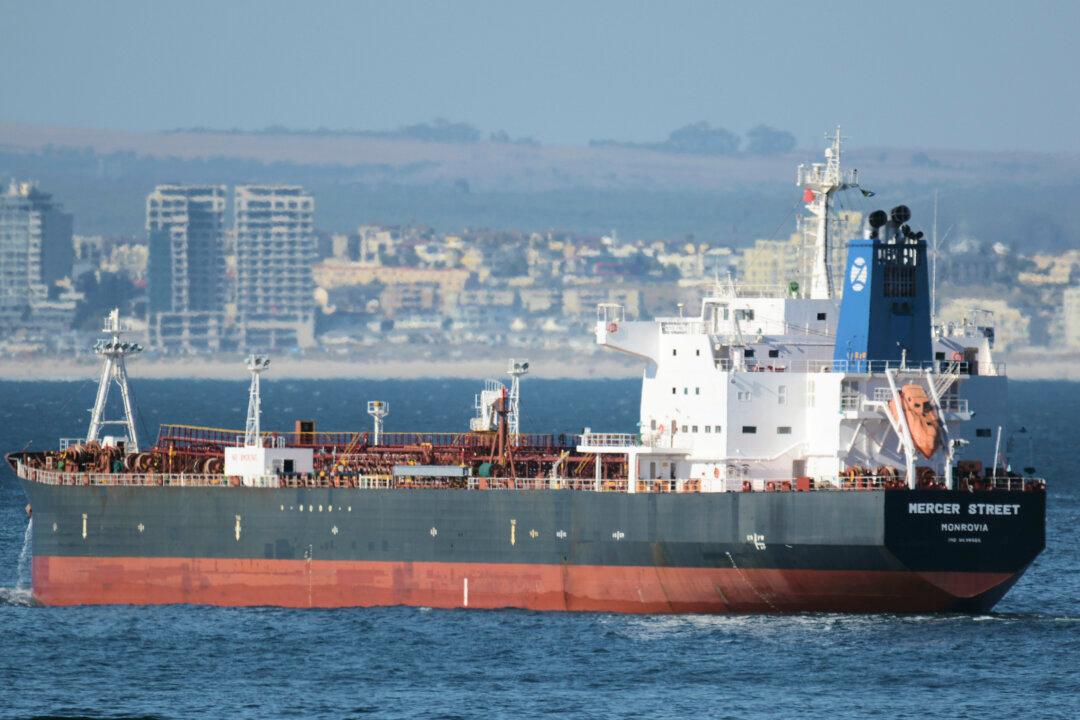Foreign ministers of the Group of Seven (G7) nations said on Friday that all evidence of the recent attack on an oil tanker in the Arabian Sea “clearly points to Iran,” and that the regime’s behaviour is a threat to international peace and security.
“We condemn the unlawful attack committed on a merchant vessel off the coast of Oman on 29 July, which killed a British and a Romanian national,” foreign ministers of Canada, France, Germany, Italy, Japan, the United Kingdom, the United States, and the High Representative of the European Union said in a statement.





